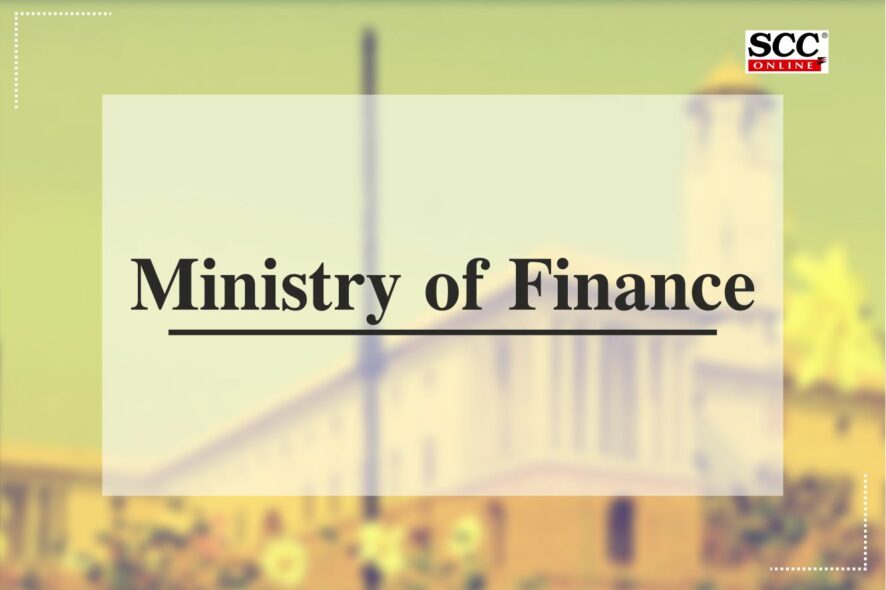On March 28, 2022, Ministry of Finance has issued Faceless Jurisdiction of Income-tax Authorities Scheme, 2022 which will come in force with immediate effect.
By this Scheme and Section 130 of Income Tax Act, 1961 (Act), Central Government determines the jurisdiction of Income Tax Authorities in Faceless/e-Assessment of taxes.
Faceless Assessment Scheme introduced in 2019, which defines the assessment of total income of the assessee conducted electronically in ‘e-Proceeding’ facility through assessee’s registered account in designated portal by the authorities. Faceless Assessment aims to provide transparency, efficiency and accountability in Income Tax assessments.
The assessment under this Scheme is done in relation of such territorial area, or persons or class of persons, or incomes or class of incomes, or cases or class of cases, as may be specified by the Board [Central Board of Direct Taxes (CBDT)].
Key points:
Scope/ Powers of Income Tax Authorities:
- Income Tax Authorities shall exercise the powers and perform the functions, under Section 120 of the Act.
- Board thereafter issues direction, in writing, the criteria(s) with regards to-
(a) territorial area
(b) persons or classes of persons
(c) incomes or classes of income
(d) cases or classes of cases
- When the Assessing Officer has been vested with jurisdiction, under Section 124 of the Act, he shall have jurisdiction—
(a) in respect of any person carrying on a business or profession
(b) in respect of any other person residing within the area.
- This assessment shall be in the faceless manner as per Para 3 of the Scheme and conducted through automated allocation [Para 2 (b)].
Performance of functions by Authorities:
By Para 3 of the Scheme, the extend to which the performance of function is conducted by Authorities is given in the following provisions-
- Section 144-B of the Act with reference to making Faceless Assessment of total income or loss of assessee.
- The Faceless Appeal Scheme, 2021 notified under sub-sections (6-B) and (6-C) of Section 250 of the Act with reference to the disposal of appeals
- The Faceless Penalty Scheme, 2021 notified under sub-sections (2-A) and (2-B) of Section 274 of the Act with reference to imposition of penalty under Chapter XXI of the Act.
- The e-Verification Scheme, 2021 notified under sub-sections (1) and (2) of section 135-A of the Act with reference to the calling for of information under Section 133 of the Act, collecting certain information under Section 133-B of the Act, or calling for information by prescribed authority under Section 133-C of the Act, or exercise of power to inspect register of companies under Section 134, or exercise of power of Assessing Officer under Section 135 of the Act.
- The e-Settlement Scheme, 2021 notified under sub-sections (11) and (12) of Section 245-D of the Act with reference to the settlement of pending applications by the interim Board.
- The e-advance rulings Scheme, 2022 notified under sub-sections (9) and (10) of Section 245-R of the Act with reference to dispute resolution for persons or class of persons, as specified by the Board, who may opt for dispute resolution under the Chapter XIX-AA of the Act with reference to dispute arising from any variation in the specified order fulfilling the specified conditions.






